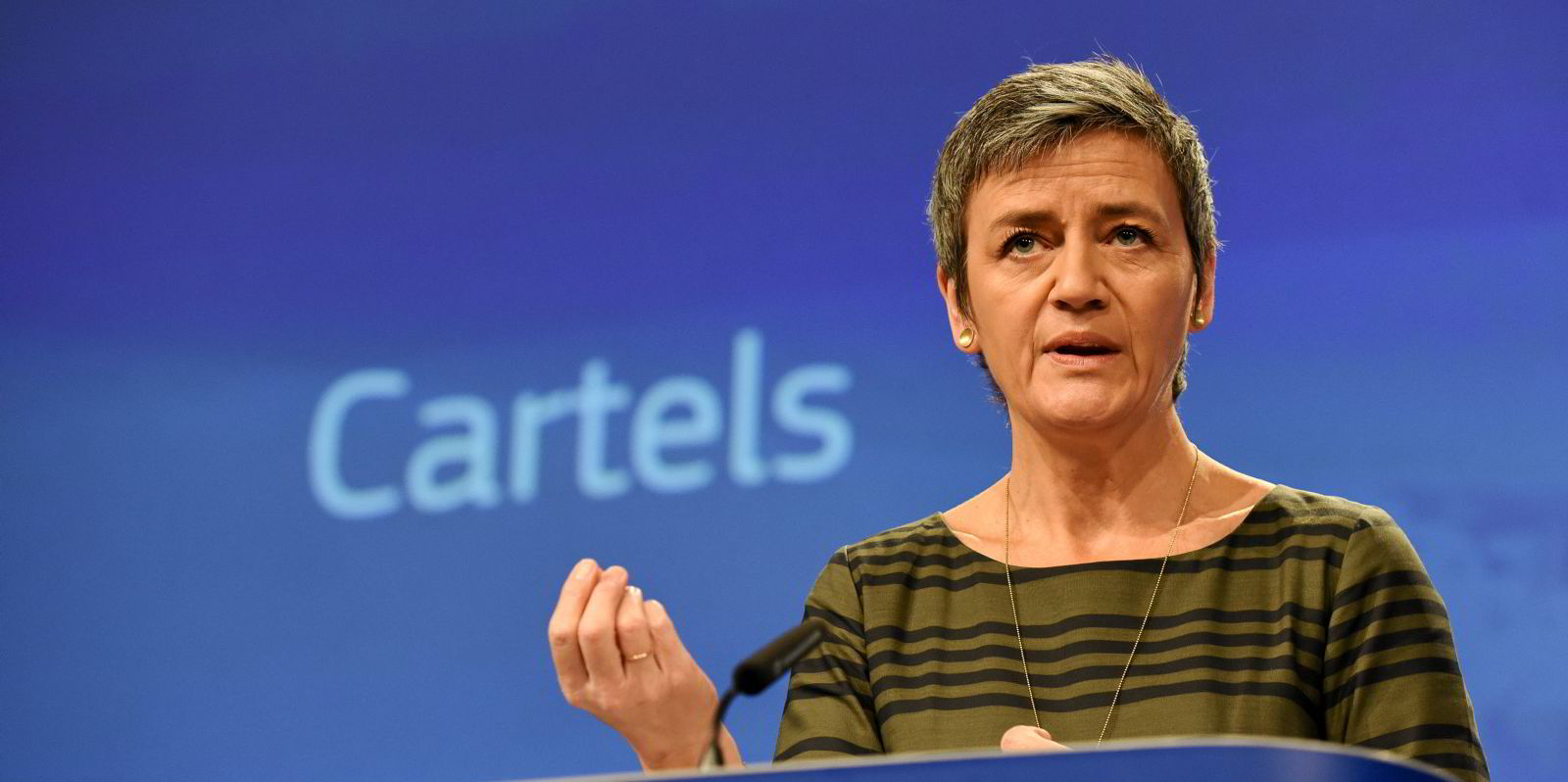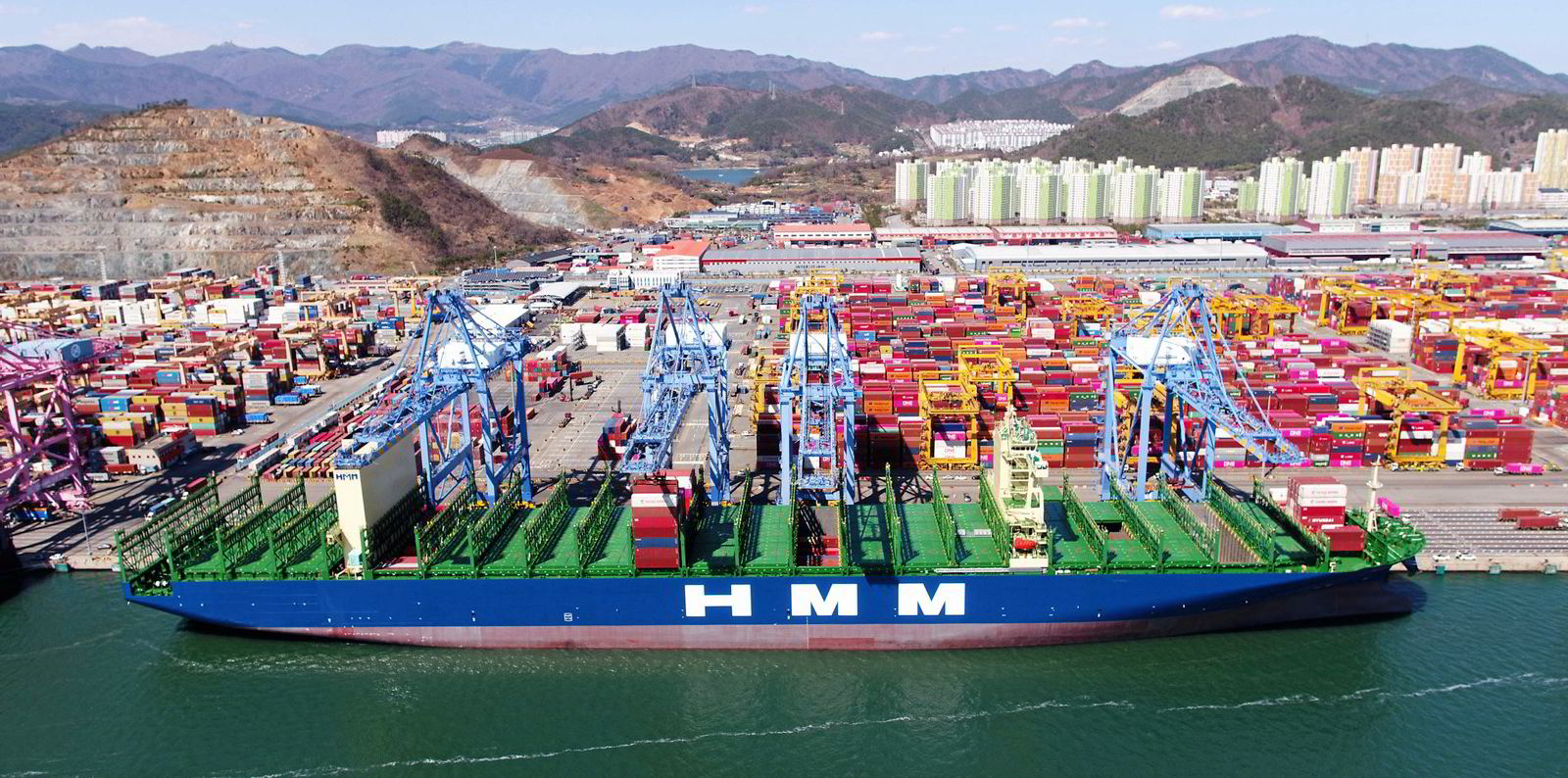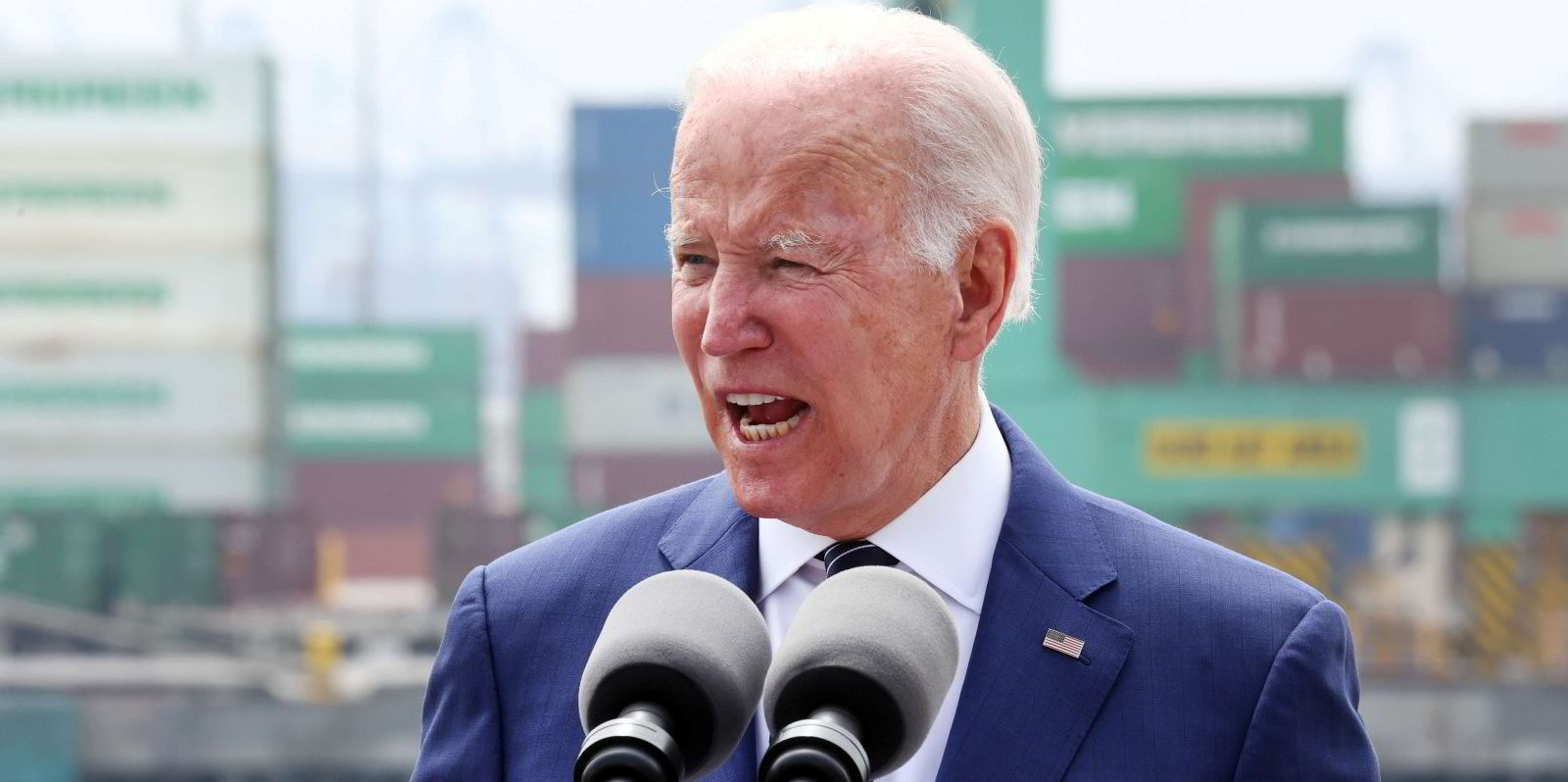Blowback from disgruntled shippers is making it tougher for liner operators to get European consortia legislation renewed.
Papers submitted to the European Commission this month make clear the extent of opposition to exempting lines from normal competition rules when the legislation comes up for renewal in April 2024.
Liners want to renew the EC’s consortia block exemption regulation (CBER) that applies to consortia with a market share not exceeding 30%.
The signs are that lines will not have an easy time renewing the legislation after two years of soaring rates and service disruptions.
That has resulted in more than 50 respondents submitting papers to the commission by the deadline of an eight-week feedback period on 3 October.
Shippers, trade unions, lobby groups and national regulators argue that the liner sector has changed drastically since the block exemption was last renewed in 2020.
Federal Cartel opposes
Opposition to a renewal appears to have taken root across Germany, where there are concerns about the size of ships and the concentration in the liner industry.
The country’s Federal Cartel Office (FCO) voiced its concerns.
“Given today’s scale and resources of the largest carriers, it is unclear how their participation in a container liner consortium should give rise to efficiency gains,” the German competition watchdog said.
The FCO added that carrier alliances and cross-alliance consortia have increased, resulting in a thicket of cooperation agreements. It contrasted that with the CBER, which evaluates vessel-sharing agreements on a route-by-route basis and does not always take into account cooperation on other routes.
“The largest carriers should no longer benefit from CBER’s safe harbour, and the cumulative effect of consortia meshes should be taken into account,” the regulator said.
The FCO has already wielded its power in the container sector once this year.
In August, it forced container manufacturer China International Marine Containers Group to abandon its proposed acquisition of Maersk Container Industry.
But the impact of the EC’s review of the CBER is set to have even more wide-ranging influence, as it is being closely monitored by other regulatory regimes both in and outside of the European Union.
That includes the UK’s Competition and Markets Authority, which has announced a parallel consultation on “whether to replace or vary” laws.
Elsewhere in Germany, trade unions fear that the growing strength of liner consortia has a significant impact on the bargaining power of liner operators towards terminals and other service providers.
“This situation causes a cascade effect by putting downward pressure on working conditions and job security in ports,” port workers belonging to Germany’s Ver.di trade union argue.
“We consider that the CBER has turned out to be a disproportionate and excessively liberal concession from normal competition rules,” it said.
“That could continue causing serious and irreparable harm to the European workers of the sector, while the role of the European Commission should be to guarantee a true level playing field.”
Shippers vs liners
Cargo owners represented by the Global Shippers Forum (GSF) are opposing the renewal of the block exemption.
Shippers cite rate inflation, a lack of available capacity, and schedule unpredictability, amendment and failure during the pandemic.
The consortia block exemption regulation (CBER) was adopted by the European Commission in 2009, following the end of the Block Exemption for liner shipping conferences in 2008.
It has been renewed twice since then, in 2015 and 2020.
The CBER applies to shipping lines in consortia with a total share of the relevant market not exceeding 30%
Consortia agreements are otherwise known as vessel sharing agreements (VSA).
The shippers’ body described the CBER as “an outdated legal instrument, which is difficult to enforce, open to unintended interpretations”.
The GSF cited the example of blanked sailings as “a deliberate effort” to maintain the price of services by managing the capacity deployed on the route.
Such arguments fail to wash with shipowners’ representatives that see the ability to cooperate in consortia as essential to their business.
Shipowner lobbies argue that such space-saving agreements are purely “operational measures” necessary to serve as many ports, as efficiently as possible.
The World Shipping Council (WSC), the International Chamber of Shipping and the Asian Shipowners’ Association argue that consortia help reduce transport emissions, increase competitiveness and are improving efficiency to reduce costs.
“Any argument that consortia dampen competition between carriers is at odds with commercial reality,” the three bodies argue in their submission to the EC.
“The frustration that shippers have understandably experienced from service delays and increased cost ... were caused by factors outside carriers’ control and not by vessel sharing,” WSC chief executive John Butler said.
A report prepared for the WSC by RBB Economics concluded that consortia may even have mitigated the effects of the supply and demand shocks.






